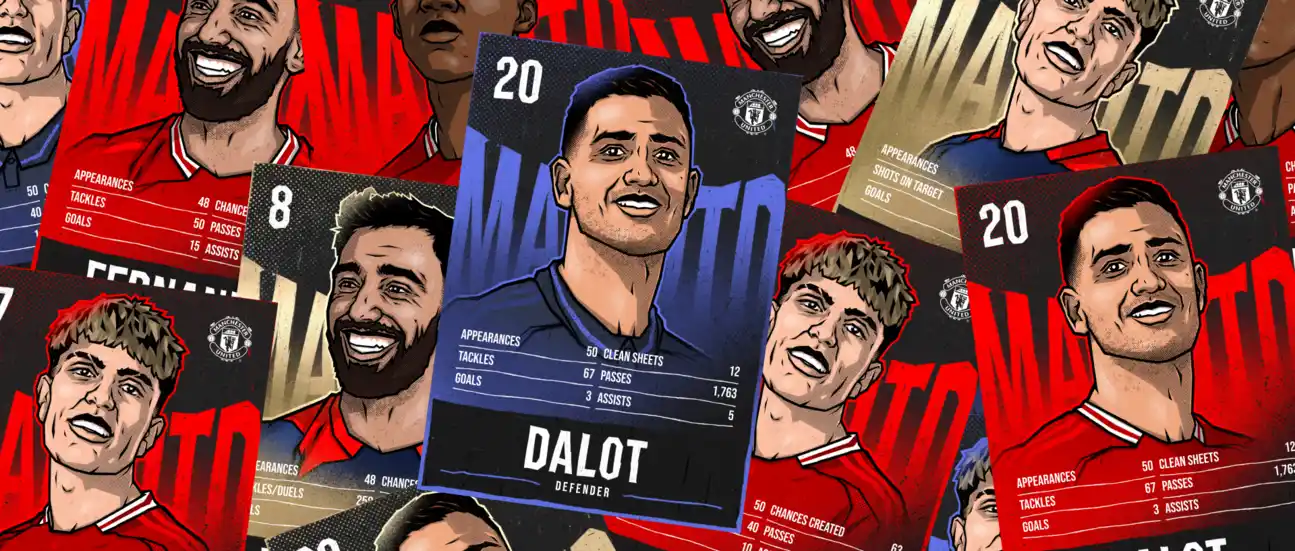
At a time when sports fans already spend significant amounts on TV subscriptions, stadium tickets, merchandise, and other club-related expenses, introducing Web3 technology for fantasy football games seems more like a commercial trap than an innovation.
Take United Fantasy, for example, Manchester United’s Web3 project. The club launched digital collectibles and a fantasy game built on blockchain technology. Fans are required to purchase digital cards to participate in the game. But what is the real value for fans? And more importantly, why is blockchain being used in the first place?
Blockchain: All Hype, Little Value
Web3 technology is often marketed as transparent and decentralized, but these benefits add nothing in the context of a fantasy football game. There are countless existing games that deliver the same functionalities without relying on a blockchain. Here, the blockchain appears to be more of a marketing gimmick designed to squeeze money from fans. Valuable fan data can be collected and utilized without the need for a complex and costly blockchain infrastructure.
Data Is the Key, Not Blockchain
What clubs and organizations like Manchester United really need is better use of fan data for personalization and loyalty-building. This can be achieved through traditional technologies like CRM systems or zero-party data collection. Why should fans pay twice: once to buy digital cards and again by providing their data?
Fans Deserve Better
Top clubs and leagues already have access to massive revenue streams through media rights, sponsorships, and merchandise. Offering a paid fantasy game based on blockchain technology feels like a cynical attempt to extract even more money from an already devoted fan base. Fans deserve better, more transparent, and fair solutions that enhance their experience without placing further financial burdens on them.
Time for a New Approach
Instead of leaning into blockchain hype, clubs and leagues should focus on authentic ways to engage fans. Think of free fantasy games that run on traditional technology, paired with rewards like exclusive content or experiences rather than expensive digital collectibles.
The future of fan engagement doesn’t lie in flashy tech buzzwords but in genuine connection. Let’s stop exploiting fans and start valuing them for what they already contribute: the heart and soul of every sports organization.